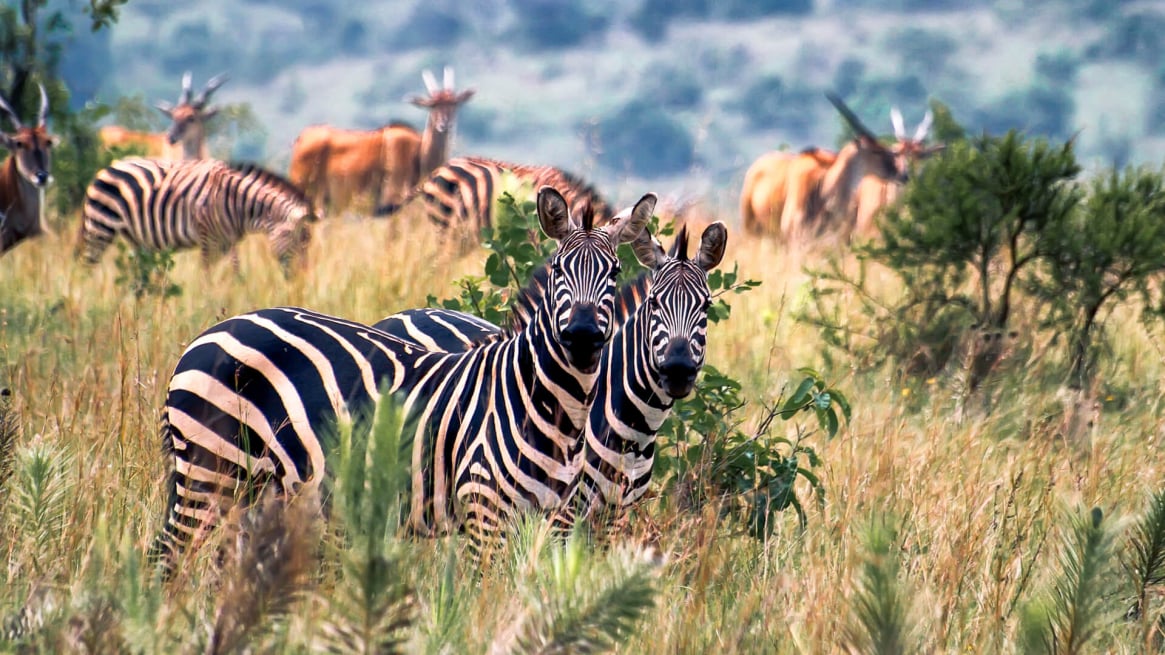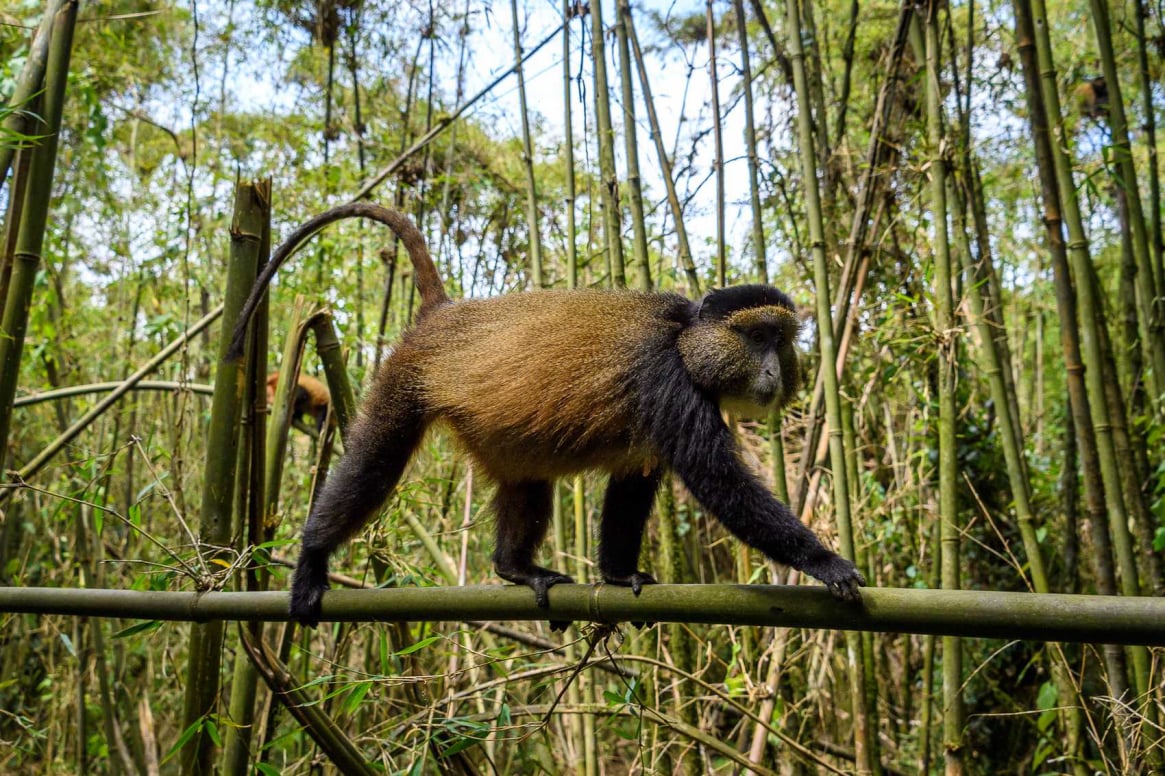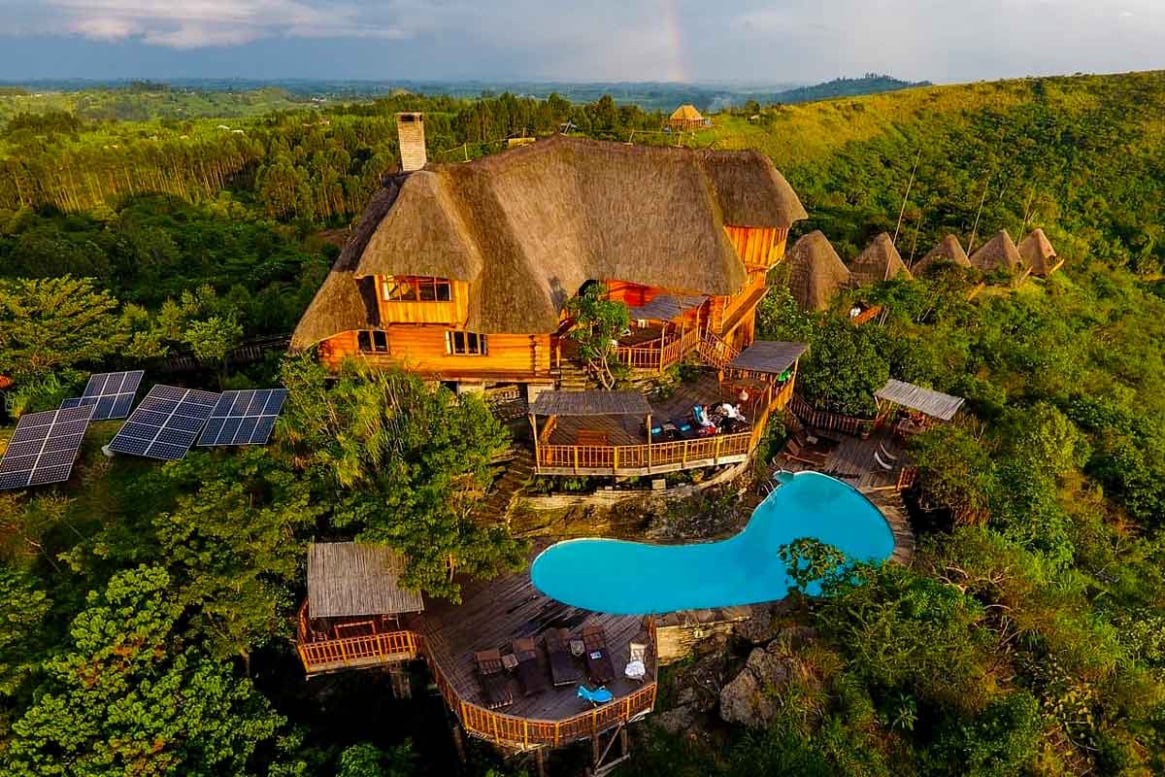
Rwanda, often called the “Land of a Thousand Hills,” is renowned for its stunning landscapes, rich biodiversity, and vibrant culture. The country’s tourism sector is primarily centered around wildlife conservation, mountain gorilla tracking, and eco-tourism initiatives that promote sustainable growth. Rwanda’s commitment to conservation has earned it international acclaim, positioning it as one of Earth’s most successful conservation stories.
The jewel of Rwanda’s tourism industry is Volcanoes National Park, part of the Virunga Mountain Range. This park is one of the few places where visitors can track the endangered mountain gorillas, a truly life-changing experience. The lush tropical forests are home to over 380 gorillas, and seeing these gentle giants in their natural habitat is a profound encounter that attracts travelers from around the world. Gorilla trekking is complemented by golden monkey safaris, bird watching—an avian enthusiast’s paradise—and nature walks through bamboo groves and montane forests. Besides primates, Volcanoes National Park supports elephants, buffalo, and a variety of bird species, making it an ecological treasure trove.

